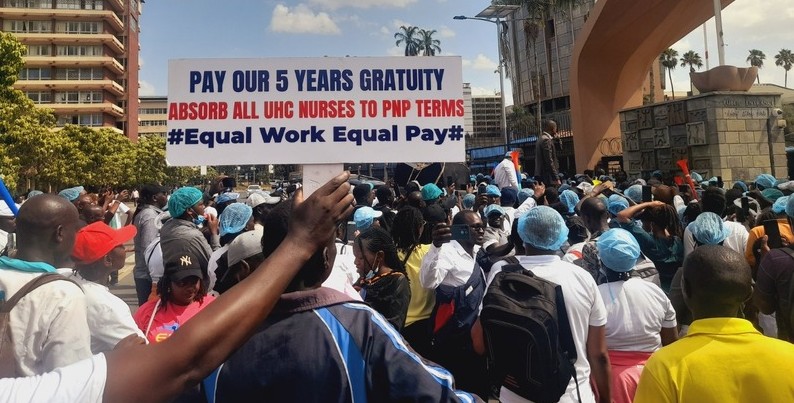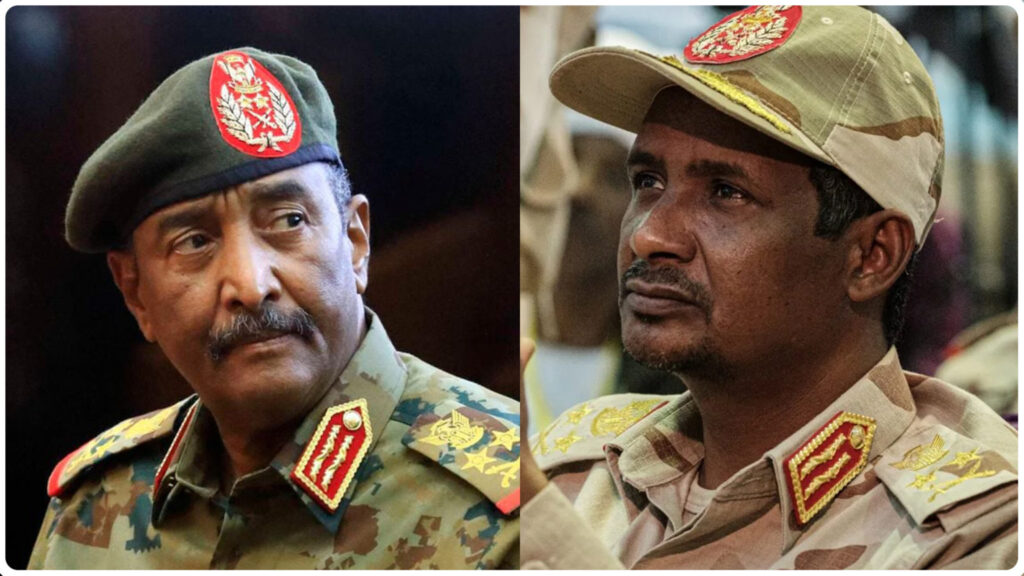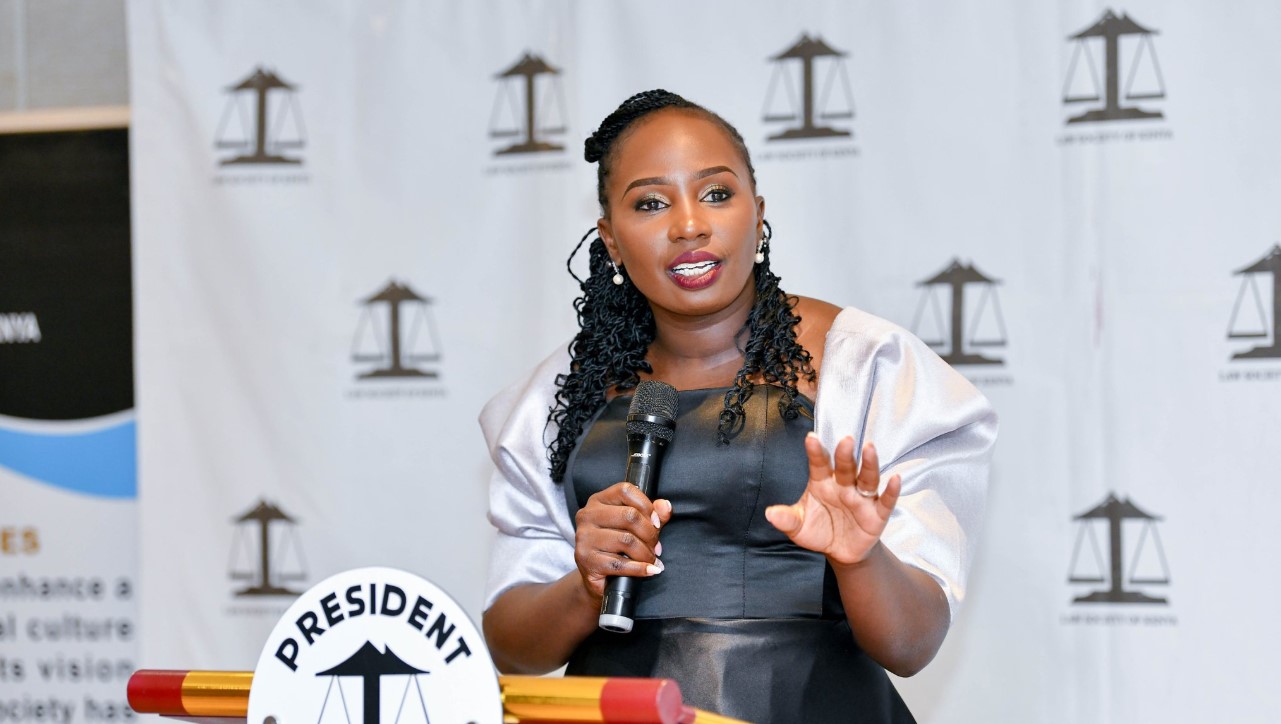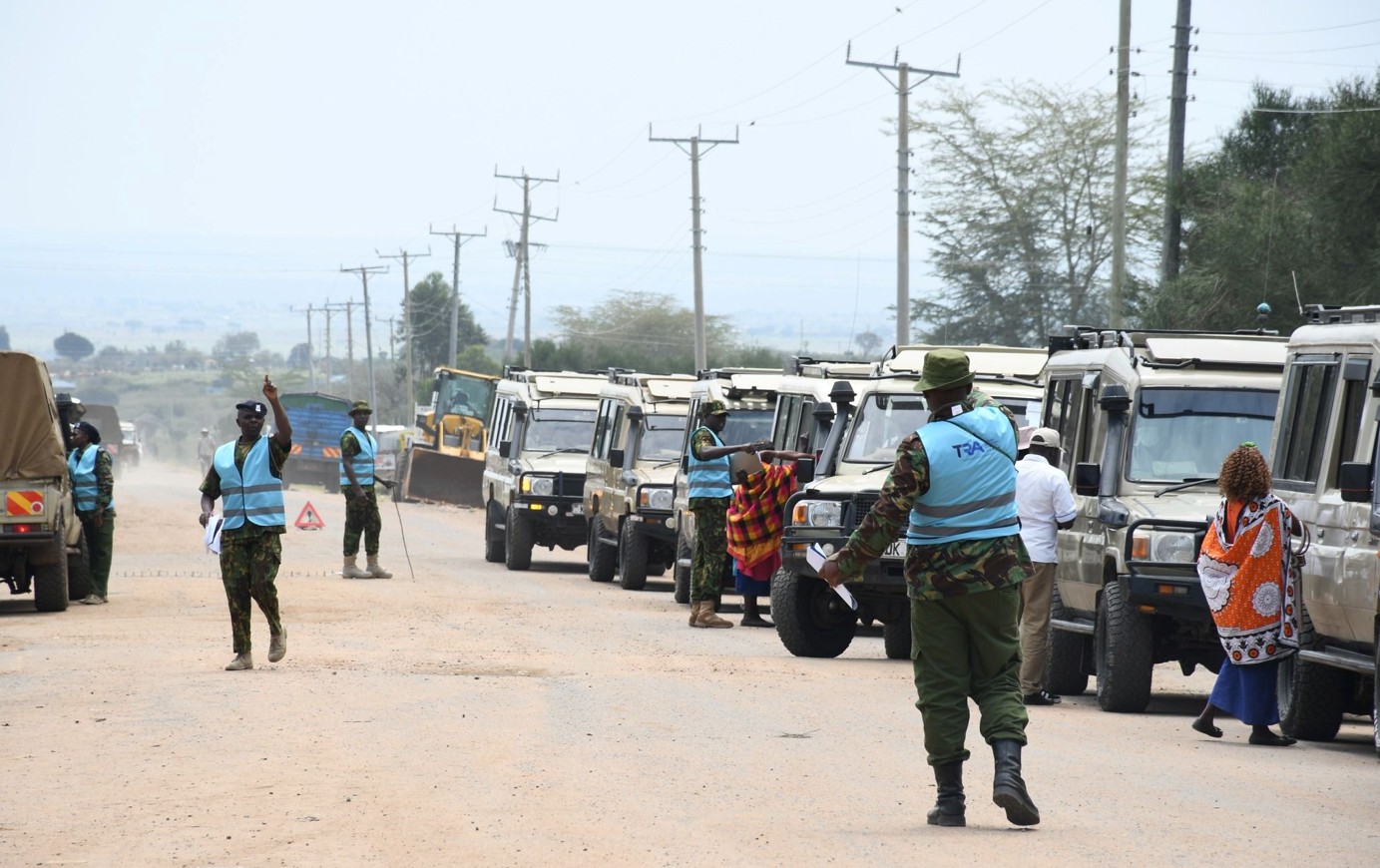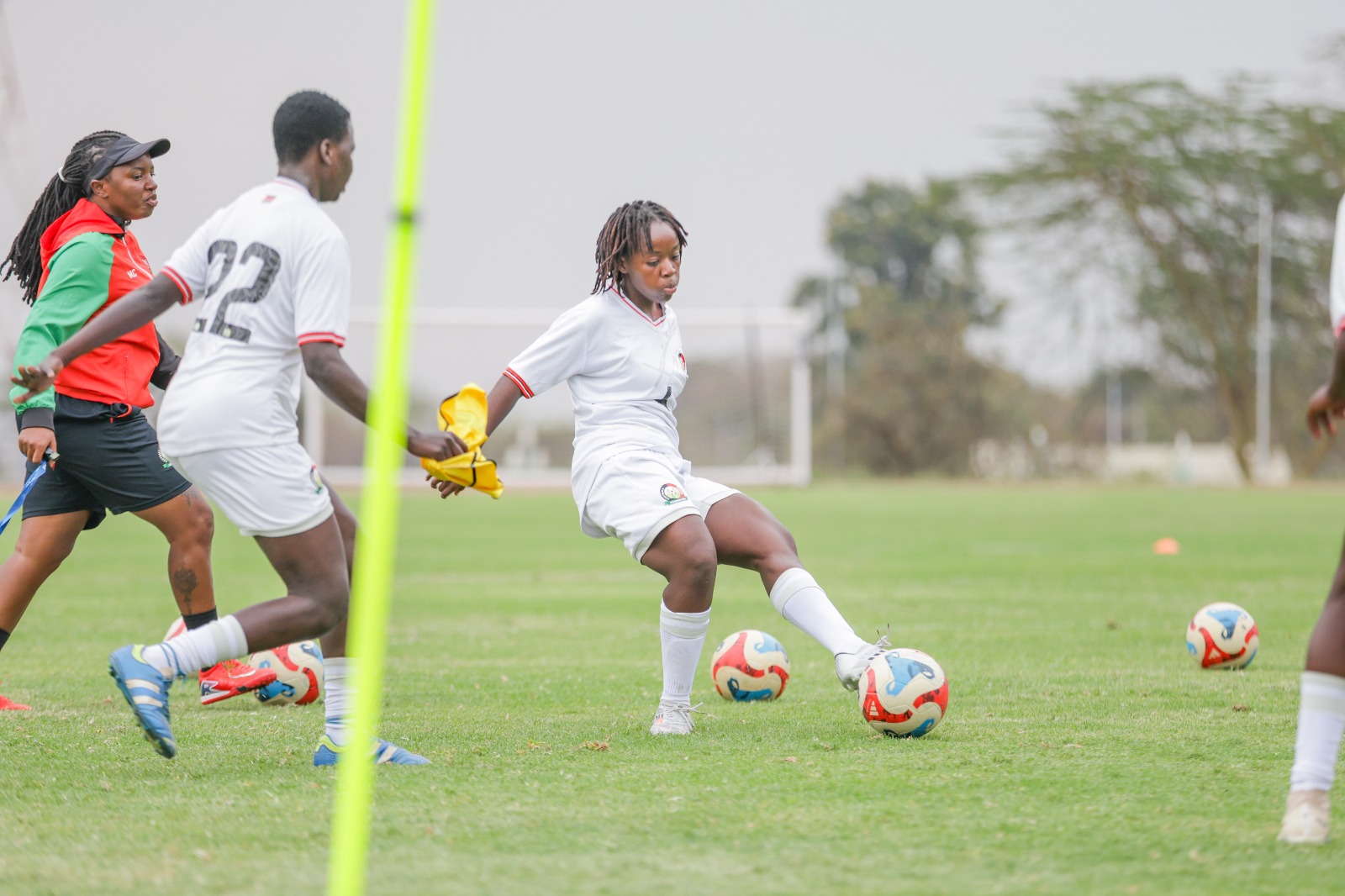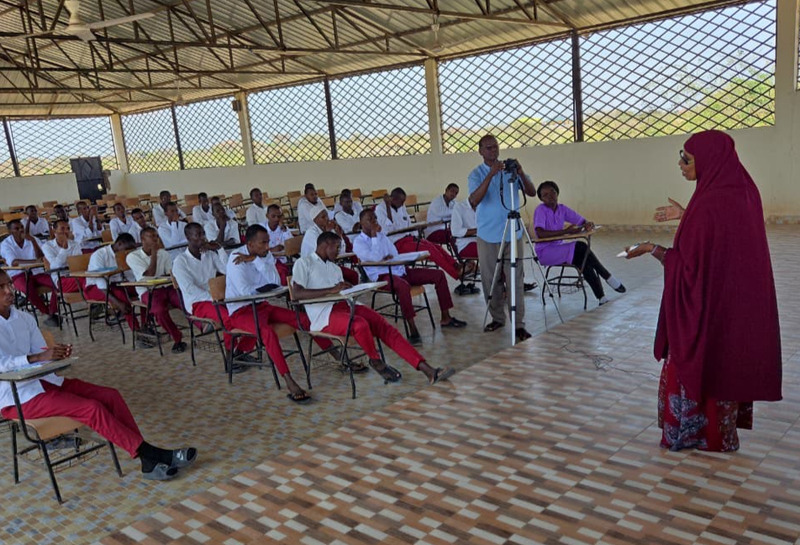‘Butterfly Abaya’ dresses spark controversy ahead of Eid celebrations
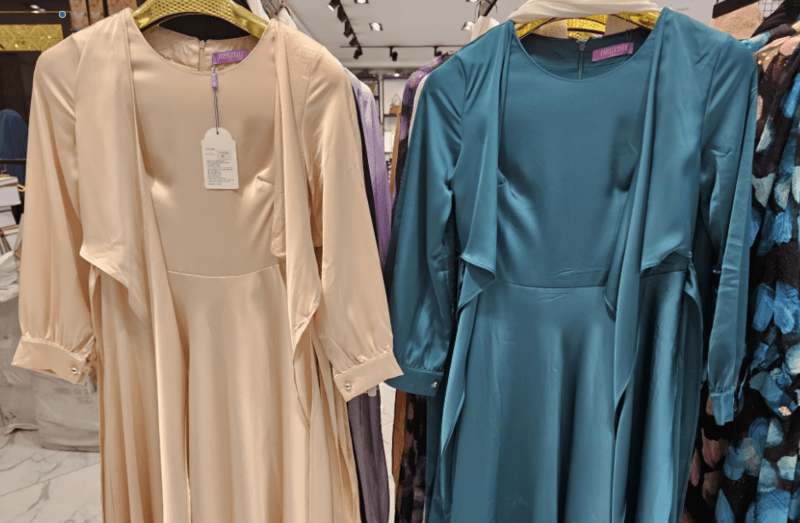
While some embrace it as a symbol of modernity and beauty, others criticise it for deviating from Islamic principles of modest dressing.
Thousands of consumers pour into Eastleigh's malls, ready to shop for the impending Eid celebrations. The atmosphere is electric with anticipation. Stores are full of excited shoppers, while others stroll the streets in quest of the ideal outfit for the impending celebration.
Eid, a significant event in the Islamic community, brings spiritual significance and ushers in a wave of new fashion trends.
More To Read
- Eastleigh mall owners protest return of hawkers, call for county action
- Relief for Eastleigh residents as construction begins on Seventh Street after years of neglect
- From fires to missing children: How Eastleigh’s communal spirit responds to crisis
- Eastleigh’s General Wariungi Street lights up after years in darkness
- Rising stray dog population in Kamukunji spark public health and safety concerns
- Property worth millions destroyed as fire razes shops at Yare Business Park in Eastleigh
This year, women shoppers tune in to the newest fashion trend, which includes the contentious butterfly ‘Abaya’, a loose-fitting, light robe with an eye-catching design that has drawn much attention.
Unlike others, the Abaya is designed with a slim waistline that fits the woman. It also contains wings that, when fully spread out, show the body contour of the person wearing it as they tighten against the skin.
The butterfly Abaya has prompted considerable controversy in the Muslim community. While some embrace it as a symbol of modernity and beauty, others criticise it for deviating from Islamic principles of modest dressing.
Suleqa Farah, 23, is among those who defend Abaya. "The butterfly abaya is a modern twist on traditional attire," Suleqa remarked while shopping at Eastleigh's Garissa Lodge. "I want to stay current with the trends, and the Abaya allows me to do that while still adhering to my modesty."
Samira Yusuf, 23, also defends the latest trend, claiming that it is ageless and suitable for women at any time of year. "It's more than just a trend; it never goes out of fashion compared to others," she said.
Despite the controversy, shop owners selling the Abaya in Eastleigh say there is a huge demand for the clothing, particularly among young women.
The Islamic ulama (the educated class of religious scholars) and older women express reservations about the butterfly Abaya, arguing that it compromises and goes against the values of Islamic modesty.
Sheikh Mohamed Abdi Umal, in a previous sermon, emphasised the importance of clothing that covers the whole body rather than putting on clothes that mimic or show the body shape.
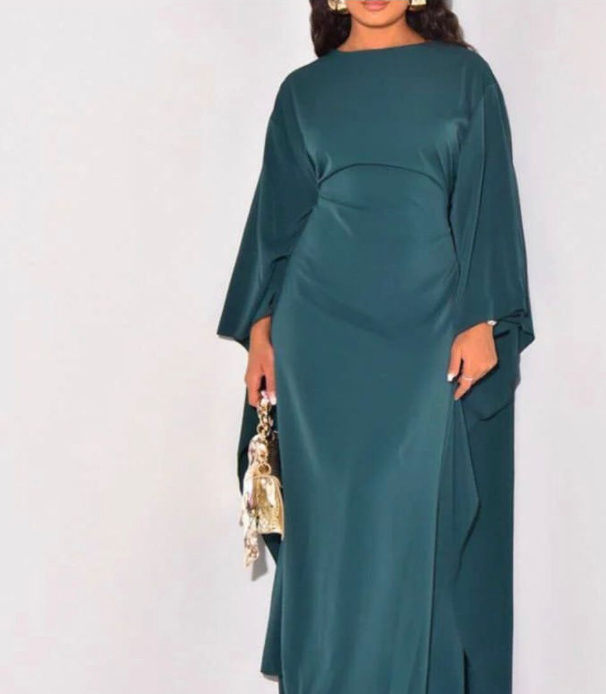 Butterfly Abaya on display at Alibaba.
Butterfly Abaya on display at Alibaba.
The controversy surrounding the butterfly Abaya in Eastleigh highlights the divided opinion between those calling for modernity and those deeply rooted in the Islamic culture in Eastleigh.
For Faiza Abdirahman, 25, the decision not to go with the new trend is rooted in her upbringing and cultural values. "I prefer to follow the teachings of my faith and respect the traditions of my mother and community," she said.
Many women her age agree with her and prefer traditional Abayas that conceal the wearer's body contour. The butterfly abaya costs between Sh7,000 and Sh24,000 in Eastleigh.
Men's outfit
In men's fashion, this year, the kanzu, a traditional long robe worn by men, comes with intricate floral embroidery around the chest area.
The types of flowers embroidered on the kanzu vary. The buyers believe the floral embroidery enhances the overall aesthetic appeal of the garment.
It was common for men to purchase ready-made imported kanzus, but this trend is declining. Nowadays, most men in Eastleigh prefer to visit tailors to have their kanzus customised according to their preferences.
According to Farhan Mohamed, 24, tailored kanzus are more beautiful and fit than imported and ready-made ones. “Tailoring is preferable because I can specify the size, style, and colour I want, making them more appealing compared to ready-made options," he said.
Kanzus are imported from various Middle Eastern countries like Oman, Kuwait, and Qatar, each contributing to the various styles and designs available to shoppers.
With Eid festivities just around the corner, craftsmen work tirelessly to fulfil orders and meet deadlines.
Shoppers travel from far-flung places like Mandera, Isiolo, and Mombasa, to experience Eastleigh’s marketplace. Here, goods, especially clothing items, are available at significantly lower prices than in other regions.
Beatrice Mbori shares her journey from Oyugis in Homa Bay County, emphasising how she purchases items in bulk from Eastleigh to resell them to fellow Muslims in her hometown before Eid celebrations.
"I buy wholesale here and sell back home. I'm confident that Muslims in my town will buy from me for Eid," she explained cheerfully.
However, the appeal of Eastleigh extends beyond clothing, as shoppers also flock to the area to stock up on food items. Wholesale shops witness a surge in customers purchasing essentials like sugar, milk, and cereals.
During this period, hundreds of millions of shillings change hands in Eastleigh, contributing significantly to the economy.
Eastleigh is estimated to account for over 35 per cent of Nairobi County's annual total revenue.
Eid is expected to be celebrated mid-next week.
Top Stories Today




